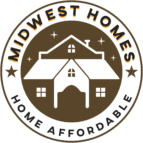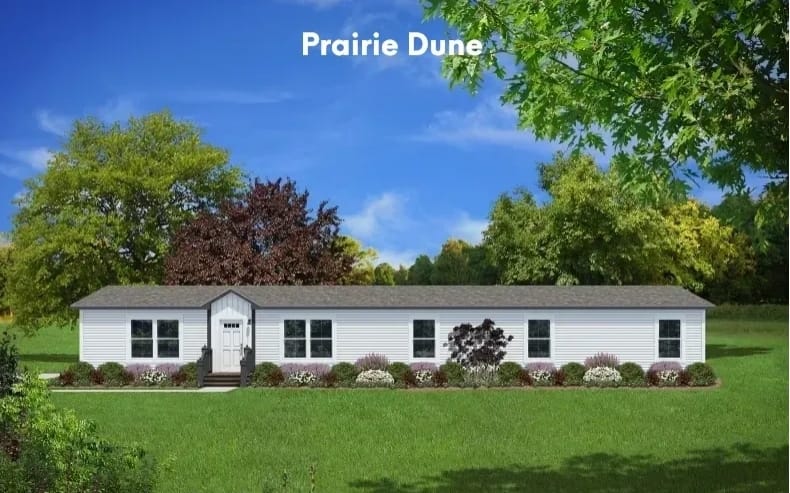When considering the purchase of a modular home, understanding modular home zoning laws is critical. Zoning laws dictate where you can place your home, what modifications you can make, and how your property can be used.
This guide will help you navigate these regulations and ensure compliance as you plan for your new modular home.
What Are Zoning Laws?
Zoning laws are local regulations that govern land use. They establish how properties in specific areas can be developed or modified. These laws can affect everything from the height of buildings to the types of structures allowed. For modular home buyers, these modular home zoning laws can influence your options for placement, utility connections, and community restrictions.
Why Are Zoning Laws Important for Modular Home Buyers?
Understanding modular home zoning laws is essential for several reasons:
- Location Compliance:Each municipality has its own zoning regulations. Knowing these helps ensure your home is placed in a compliant area.
- Design Restrictions:Zoning laws may impose limitations on the style and size of modular homes. This could affect your design choices.
- Future Development:Zoning laws can impact the long-term value of your property. Familiarity with local regulations helps anticipate future developments in the area.
It should be noted that increased land-use and zoning regulations have affected the average home prices in many states. Understanding this helps buyers make informed decisions.
How to Navigate Zoning Regulations
To successfully place a modular home on a property, follow these steps:
Research Local Zoning Laws:
- Check with your local planning or zoning office to understand specific regulations that apply to modular homes.
- Obtain a copy of the zoning code for your area and review it thoroughly.
Identify Zoning Classifications:
- Find out what zoning classification your desired property falls under (e.g., residential, commercial, agricultural).
- Ensure that modular homes are permitted in that classification.
Consult Local Officials:
- Engage with local officials or zoning boards for guidance on any regulations you might not fully understand.
- Ask about any recent changes to zoning laws that may affect your plans.
Apply for Necessary Permits:
- Once you understand the regulations, apply for any building permits required to place your modular home.
- Ensure all documents comply with local zoning laws before submission.
Key Considerations When Buying a Modular Home
When preparing to purchase a modular home, keep these points in mind:
- Site Preparation:Understand the requirements for site preparation, including land grading and utility hookups.
- Community Restrictions:Some neighborhoods have homeowner associations with additional regulations that affect modular home placement.
- Building Codes:Familiarize yourself with local building codes that may impact construction standards.
Take the Next Step Towards Homeownership With Midwest Homes
Understanding modular home zoning laws is an important step in the home buying process. By familiarizing yourself with local regulations, you set yourself up for a successful modular home installation.
If you’re on the hunt for your perfect modular home in Iowa, now is the ideal time to explore the diverse options offered by Midwest Homes. With a variety of styles and configurations, we offer modern modular homes in Iowa to provide a customizable and budget-friendly housing solution.
Ready to find your dream modular home for sale in Iowa? Contact us today and make an informed home-buying decision!

